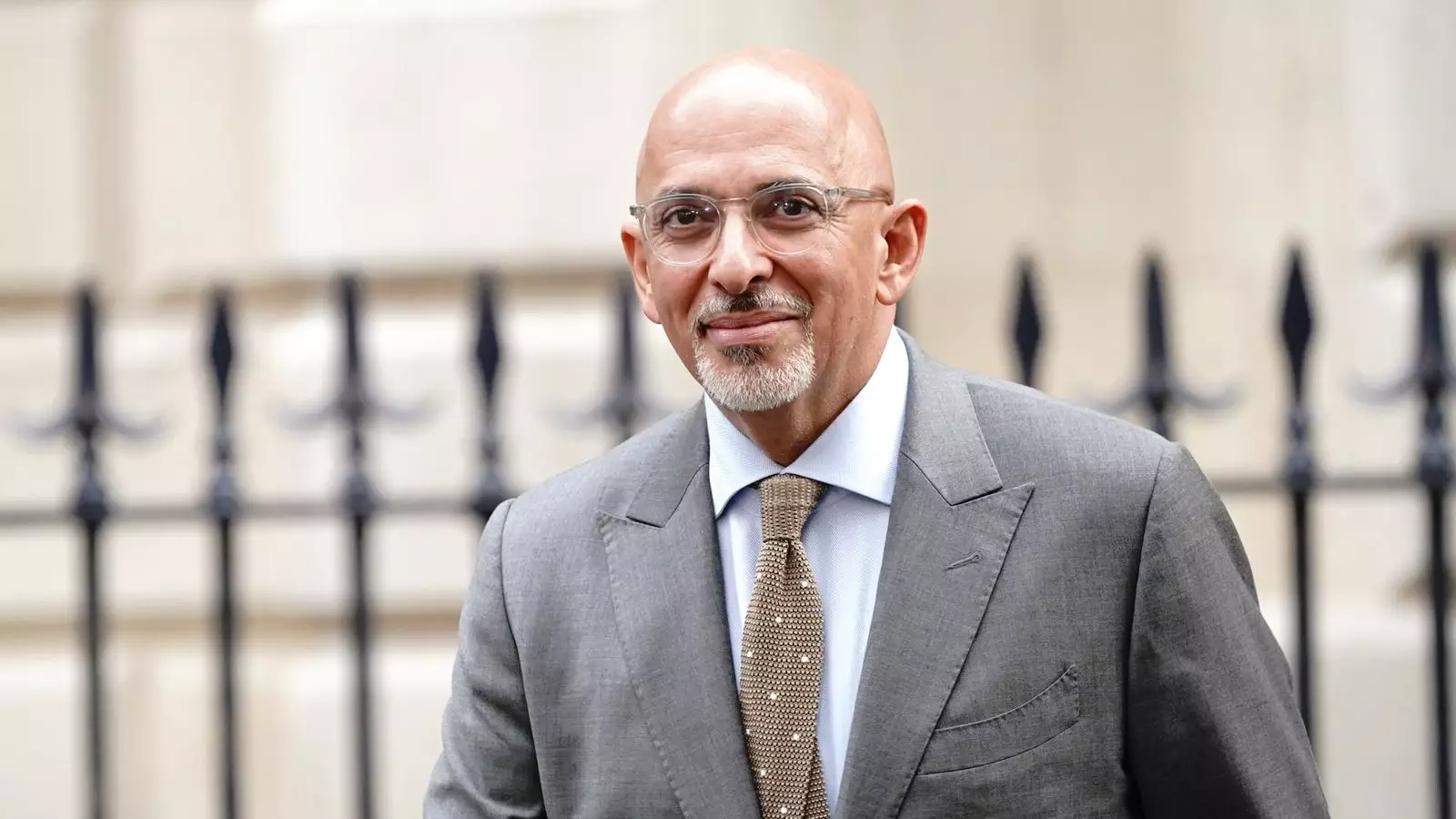Nadhim Zahawi, a prominent figure previously serving as Chancellor of the Exchequer, is making headlines with his potential £600 million bid for The Daily Telegraph, marking a significant shift in media ownership within the United Kingdom. This move could reshape the ownership dynamics of one of Britain’s most influential newspapers, along with its sibling publication, The Sunday Telegraph, and The Spectator magazine. The backstory is complex, filled with political ramifications and financial maneuvering, reflecting broader trends in media consolidation amidst an ever-evolving digital landscape.
Zahawi, who left parliament in May after declining to seek re-election in Stratford-on-Avon, has turned his sights towards the media world, aligning with several wealthy supporters to finance this ambitious bid. Among potential backers, the Reuben family has emerged as a likely collaborator, known for their vast portfolio of property assets and a stake in Newcastle United Football Club. This connection hints at not only the financial resources behind Zahawi’s bid but also the potential implications of football influence on media.
Strategically, Zahawi perceives a significant opportunity to enhance The Telegraph’s profitability by tapping into the North American market. Reports suggest that he is in discussions with International Media Investments (IMI), a vehicle based in Abu Dhabi, which has previously laid claim to these media properties. This signifies a cross-border venture, further complicating the landscape of media ownership in the UK. With this acquisition, Zahawi likely aims to leverage existing business relationships, particularly in the Middle East, to reshape the Telegraph’s business model.
However, the bid is not without its obstacles. While Zahawi has yet to make a formal offer, he appears confident in securing the necessary financing to mount a competitive challenge against other interested parties. The backing from enigmatic conglomerates like IMI could provide Zahawi the leverage he needs, but the intricacies involved in negotiations and potential conflicts of interest remain to be seen.
To fully understand Zahawi’s bid, it’s essential to consider the historical context surrounding The Telegraph’s ownership. The newspaper has been dominated by the Barclay family for nearly two decades, navigating a tumultuous journey marked by financial strain and ultimately, debt. The family’s financial woes culminated in Lloyds Banking Group’s seizure of control due to missed debt repayments. This has left the newspaper’s future hanging in limbo, with various suitors exploring opportunities for acquisition while grappling with regulatory scrutiny and the implications of foreign ownership.
Rival bidders, including National World and advertising legend Lord Saatchi, have thrown their hats into the ring, indicative of heightened competition to capture this media asset. Some uncertainty looms over other potential bidders, notably hedge fund titan Sir Paul Marshall, whose participation remains unclear. This competitive pressure only heightens the stakes for Zahawi as he seeks to secure both financial backing and a strategic path forward.
The implications of Zahawi’s bid stretch far beyond merely financial; they delve into the realm of cultural influence. The Telegraph has historically aligned closely with Conservative Party values, operating as a bastion for right-leaning perspectives in British media. Any change in ownership, particularly one involving a financier with extensive connections to foreign interests, could result in a significant shift in editorial direction and implications for journalistic integrity.
Moreover, the evolving nature of media consumption in the digital age adds layers of complexity to this acquisition. Traditional newspapers are grappling with dwindling print sales while investing in digital platforms to attract an increasingly younger audience. Zahawi’s bid could signal an intent to expand The Telegraph’s digital footprint, utilizing new strategies to capture revenue while retaining its established readership.
As developments unfold, the bid for The Daily Telegraph raises critical questions about the future of British media. With influential figures like Zahawi at the helm, combined with significant financial backing and an eye on profitability in new markets, the outcome could redefine not only the daily newspaper but the broader media landscape in the UK. The interplay between finance, politics, and media is becoming increasingly evident, foreshadowing an era where traditional journalistic boundaries may be challenged. For readers and stakeholders alike, the evolution of The Telegraph remains a narrative to watch closely in the coming months.


Leave a Reply